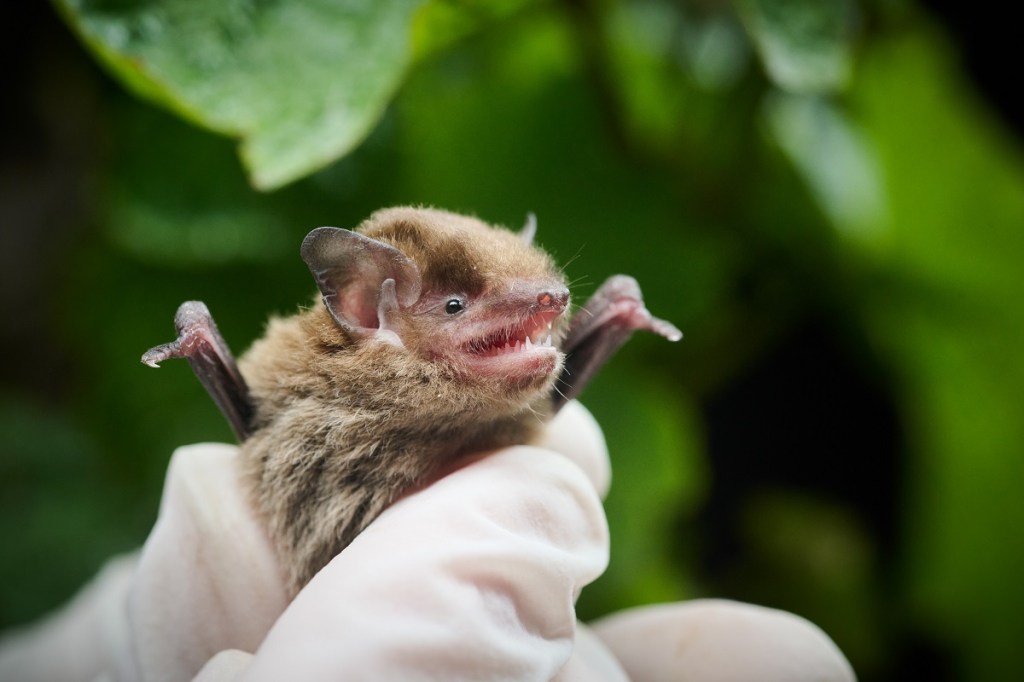With a focus on working alongside nature rather than against it, Victorian winery Fowles Wine is engaging in innovative biodiversity research and creating wines with a strong sense of place.
A graduate of environmental science with a major in soil science, sustainability is a major focus for Matt Fowles, Founder and CEO of Fowles Wine.
“At Fowles we tend to think a step past sustainable, into regenerative. That is, we are actually looking to improve our land for future generations, not just sustain or maintain what’s here today,” he said.
In the vineyards, Fowles prefers a light touch, allowing the vineyards to express their unique characteristics. Some key initiatives include planting cover crops to reduce sun exposure for the vines, using compost and natural fertilisers, and maintaining diverse grass cover to protect the soil from heat.
“We’ve also done a host of more conventional things like installing solar panels, using water conservation measures like soil moisture probes, and waste management programs, right down to our restaurant scraps being fed to the chickens and coming back as eggs,” Fowles said.
The initiatives that are most exciting for Fowles at the moment are the biodiversity program, including a partnership with the University of New England to study the pest-consuming microbats in the vineyards. UNE researchers have installed sound-recording devices in the vineyards to monitor and observe the different species living among the vines, in order to determine the viability of microbats as a pest control measure. The use of microbats in place of traditional pest control could potentially save Australia’s wine industry $50m per year.
“Every day, the bats can consume 30 to 100 per cent of their body mass. A colony of 100 bats, weighing 10 grams each, could remove up to one kilo of insects every night. There are 16 species of insect-eating bats in Victoria, including four endangered species, but we don’t know how many of them are living and foraging in the vineyards. What we do know is that where the bats populate and can echolocate is where the vines and fruit thrive most,” Fowles said.

Along with beehives to provide pollinators for the vineyard, Fowles Wine has also partnered with Euroa Arboretum to establish insectariums by planting diverse native flowering shrubs and trees across the property.
“The insectariums are planted to attract diverse predator and pollinator insect life, adding diversity of native plants in and around the vines and ensuring a natural balance. The insectariums will also allow the Euroa Arboretum to collect seed to ensure they can regenerate native plant life on the property, or further afield, which is vital in regional Victoria where bushfires are a large threat to many plant species,” Fowles said.
Some of these practices may seem counterintuitive to traditional agriculture, but Fowles believes that using these natural resources enhances the vineyard ecosystem.
“We are literally inviting insects into our vineyard, which is very different to traditional practices for growing vines. We are encouraging the natural occurrences that mother nature provides. At the end of the day, nature always wins, so why fight against it when you can work with it. There is a purpose for everything that our environment provides,” Fowles said.
The focus on natural processes carries over into the Fowles Wine range, especially through the Fieldsong series. These wines are a field blend of different varietals, which have been harvested together and co-fermented.
“We feel that these field blends are a really comprehensive look at the vineyard in a given season. We make them in a lovely refreshing style, quite low in alcohol. And they are all made with a very light touch, of course,” Fowles said.
Fowles has high hopes for the current biodiversity programs, including the microbat study, and looks forward to continuing the winery’s regenerative practices.
“My hope and belief is that, as we learn more, we can find more ways to work with nature successfully. The more success we can demonstrate, the more we can roll the program out across the vineyard. We look forward to sharing any findings with the broader wine and farming communities so they may also practice what we find.”

